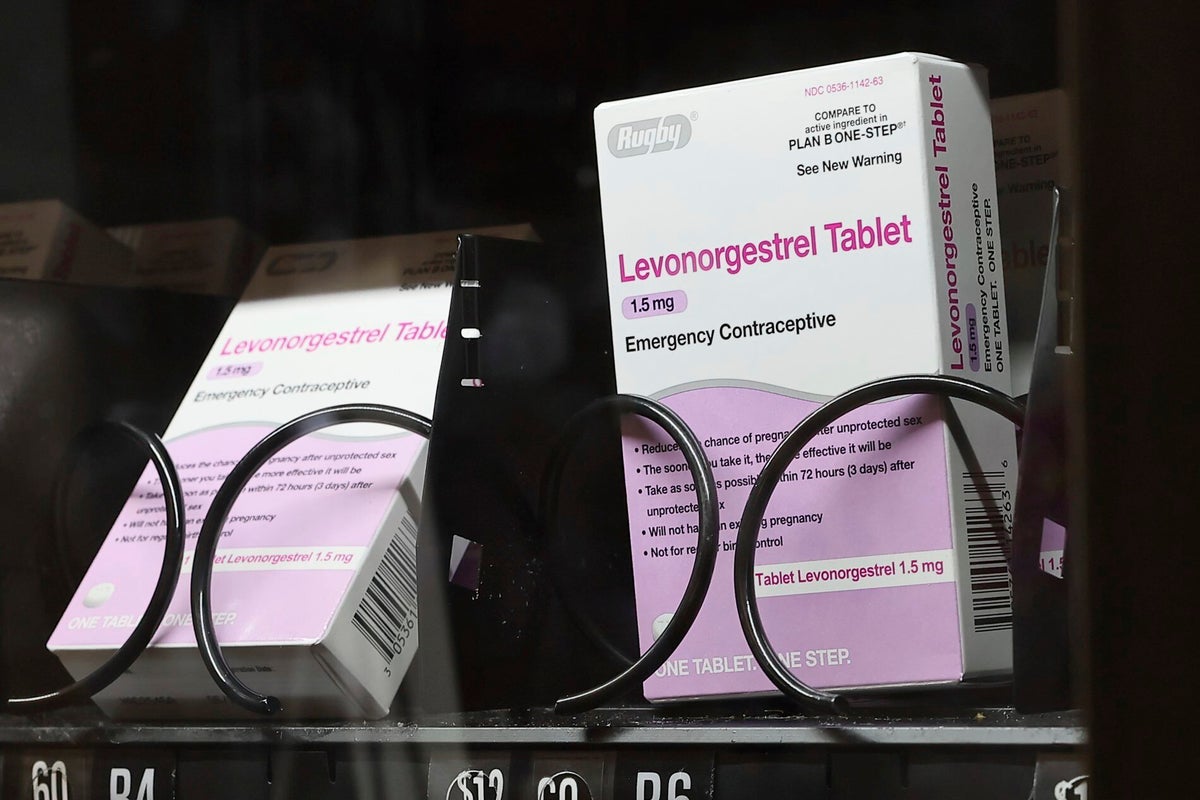
Taking a common arthritis drug together with the morning-after pill Plan B could boost the contraceptive's effectiveness, according to new research published Wednesday.
Levonorgestrel, often called Plan B, is the most widely available type of emergency contraception. It works by preventing or delaying ovulation.
Scientists estimate that it is about 95% effective when taken within a day after unprotected sex, dropping to 58% or lower within three days. The new study, published by the medical journal Lancet, suggests levonorgestrel can remain highly effective up to three days after unprotected sex when it is taken with piroxicam, an anti-inflammatory pain medication typically prescribed for arthritis.
“It’s really exciting and very timely that we could have a more effective emergency contraceptive option,” said Kelly Cleland, executive director for the American Society for Emergency Contraception, who was not part of the Lancet study.
Scientists tracked 836 women at a Hong Kong clinic between 2018 and 2022 who had unprotected sex and requested emergency contraception within three days. Half the women received a dose of levonorgestrel and piroxicam while the other half got the contraceptive pill plus a placebo.
Doctors calculated that 95% of pregnancies among the women who got the combination with piroxicam were prevented, compared with 63% of those who got the placebo combination.
The most common side effects in both groups were fatigue, nausea, abdominal pain, dizziness and headache. No funding was provided for the study. The researchers used a Hong Kong brand of the contraceptive that it is sold over-the-counter in the U.S. under several names, including Plan B One-Step.
The authors acknowledged that because the research was done in mostly Asian women weighing less than 70 kilograms (154 pounds), it was unclear if the results could be extrapolated to other populations. There is some evidence levonorgestrel doesn't work as well in heavier women.
Piroxicam is in the same class of anti-inflammatories as ibuprofen and paracetamol. It requires a prescription in many countries, including the U.S. and the U.K.
“It’s fascinating that they found this already existing medication really increases the efficacy of Plan B,” said Dr. Beverly Gray, a Duke University associate professor of obstetrics and gynecology who was not part of the new study. “But any medication that requires a prescription is going to be one more barrier, so what we really need is an over-the-counter medication that people can use in conjunction with Plan B."
Dr. Kristina Gemzell Danielsson, head of Women and Children’s Health at Sweden’s Karolinska Institute and one of the Lancet study authors, said similar anti-inflammatory drugs could have the same effect. She said there would be no risk to women who took over-the-counter ibuprofen with Plan B, though it might not prove as effective as longer-acting piroxicam.
Piroxicam can cause bleeding in the stomach or severe skin reactions and increases the risk of heart or kidney disease in people susceptible to those conditions. Still, experts said using the drug once would be less likely to cause harm, particularly for the mostly younger women who would be most likely to use emergency contraception.
Gemzell-Danielsson said further studies could examine whether anti-inflammatories boost the effectiveness of the other main emergency contraceptive pill, ellaOne.
She recommended that women keep some form of emergency contraception at home, especially in places with highly restrictive abortion policies.
“It is a simple, effective and really smart solution to have,” Gemzell-Danielsson said. “You don’t buy (Band-Aids) because you plan to cut yourself, but you have it because you think it might happen.”







